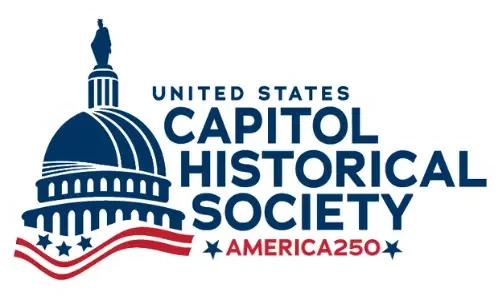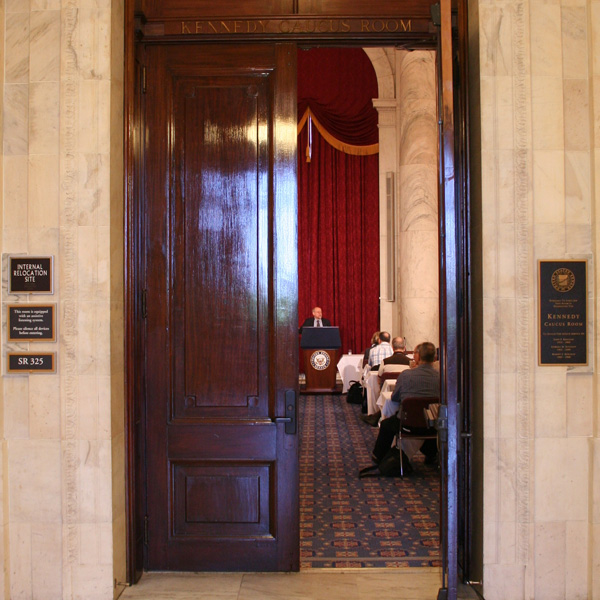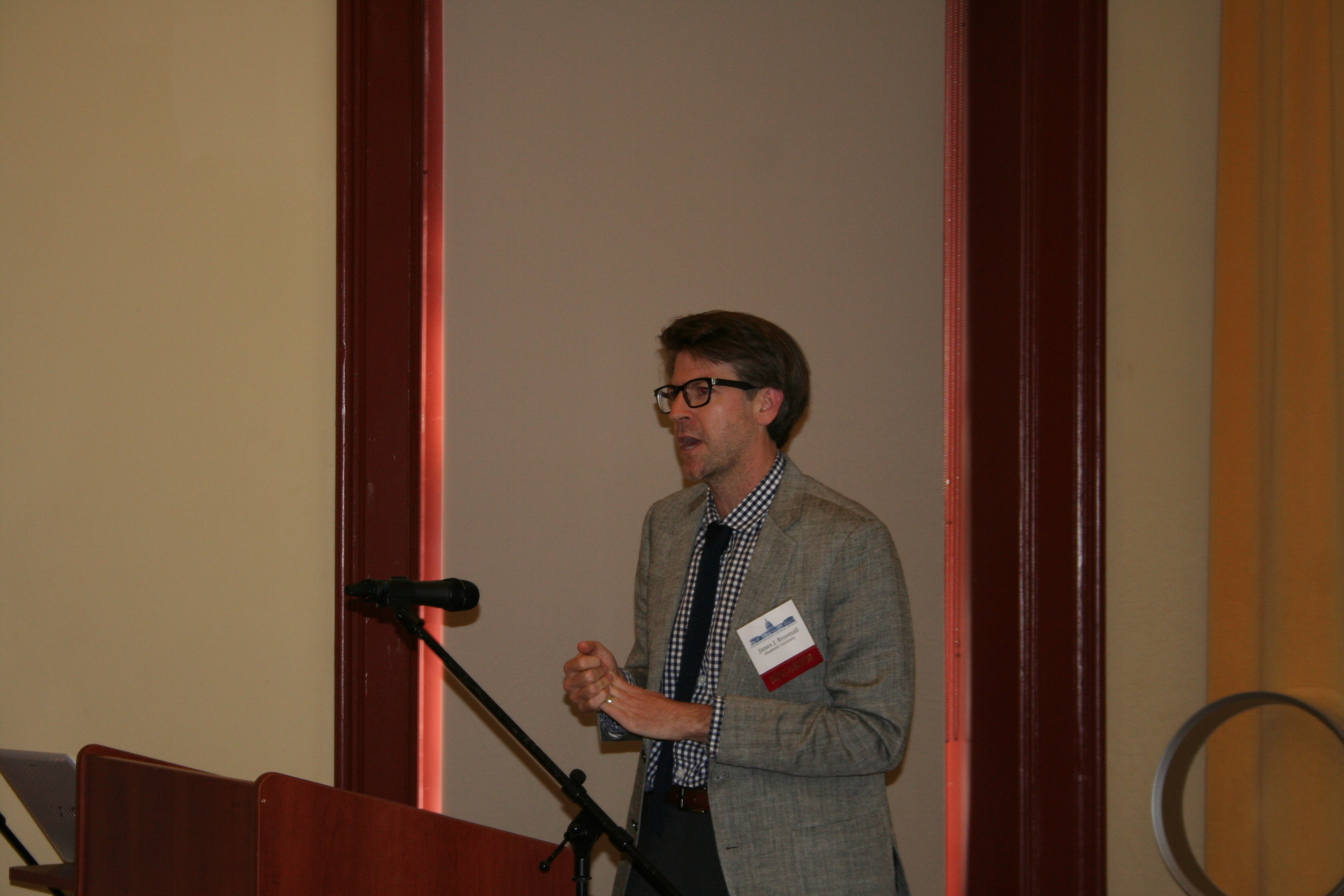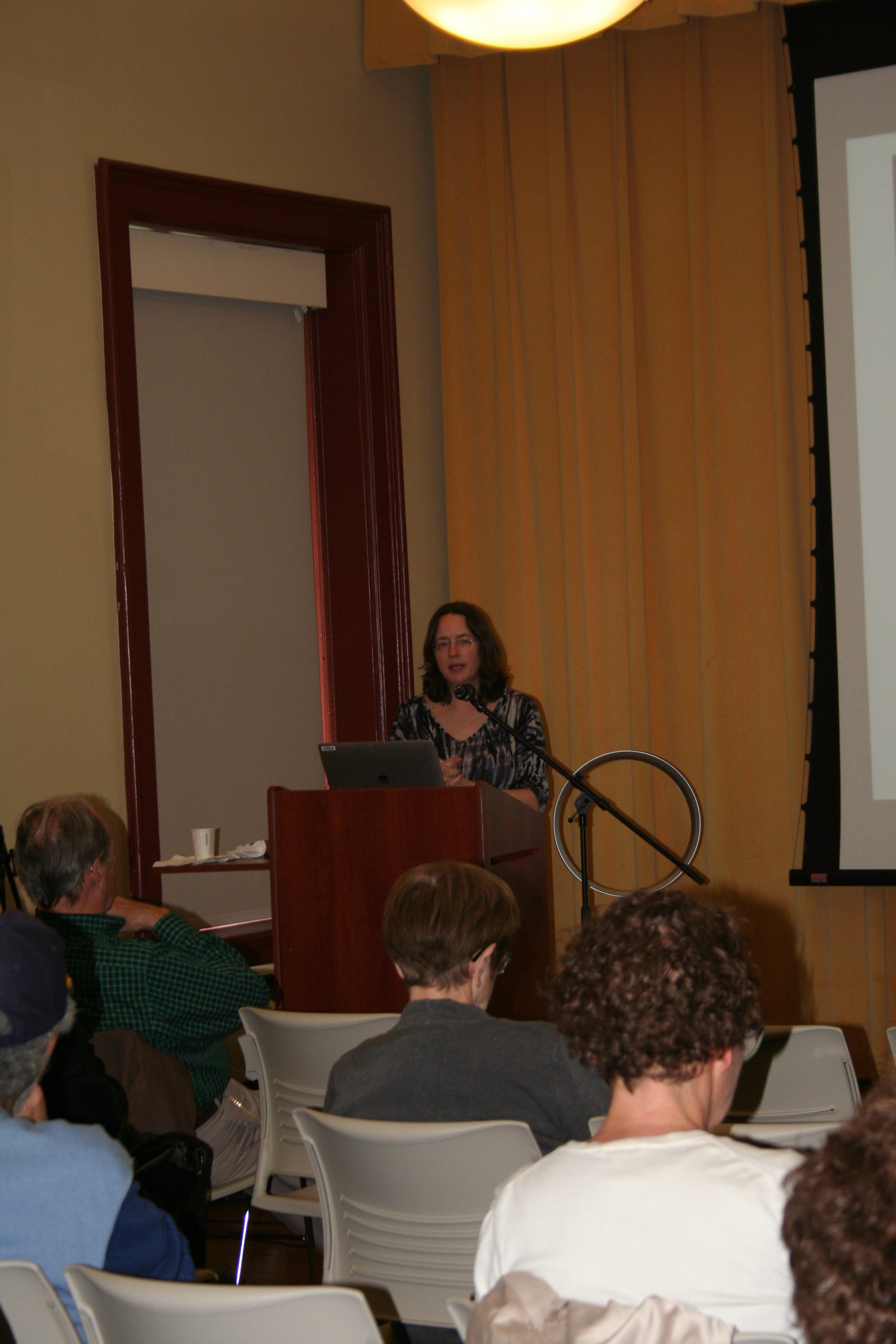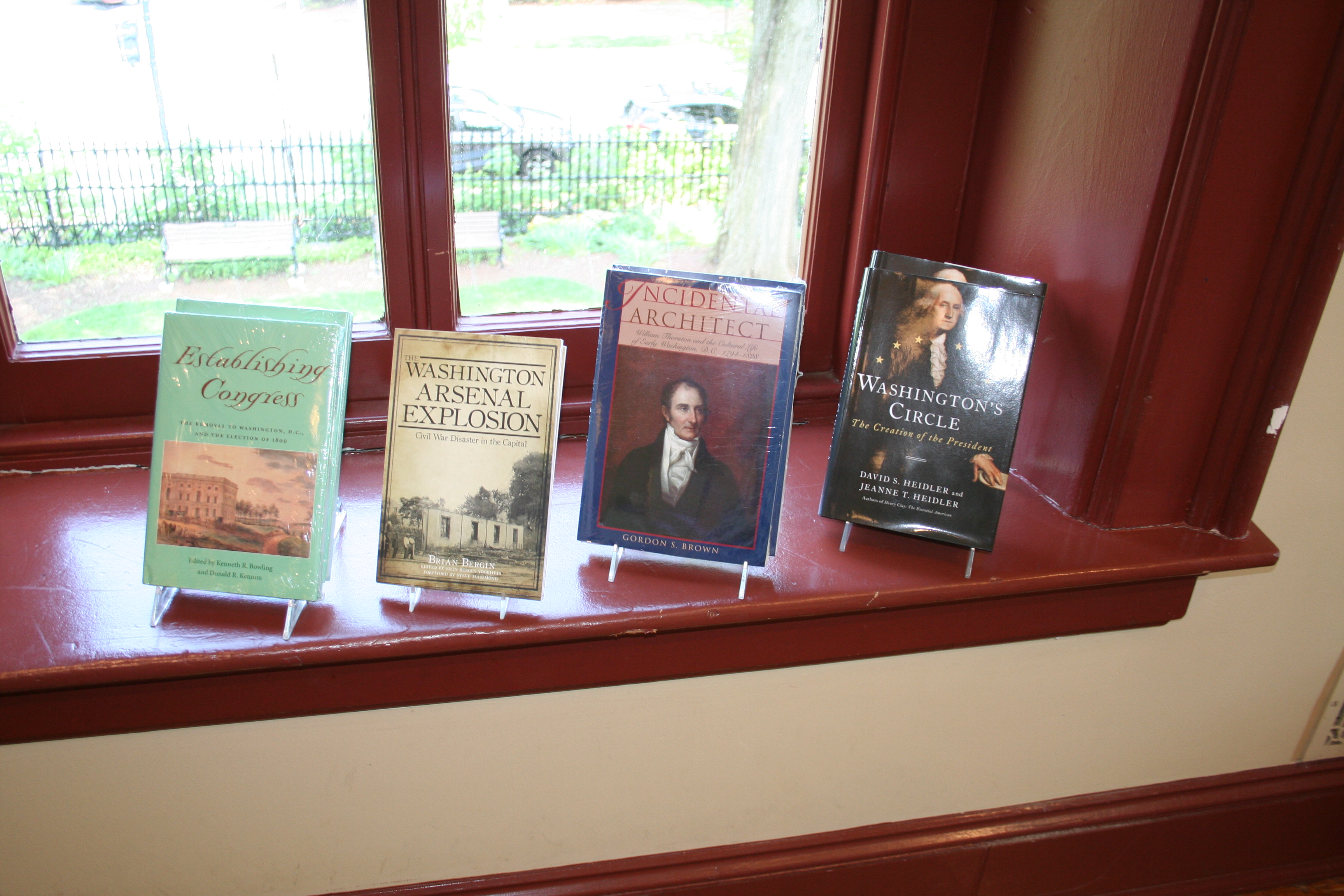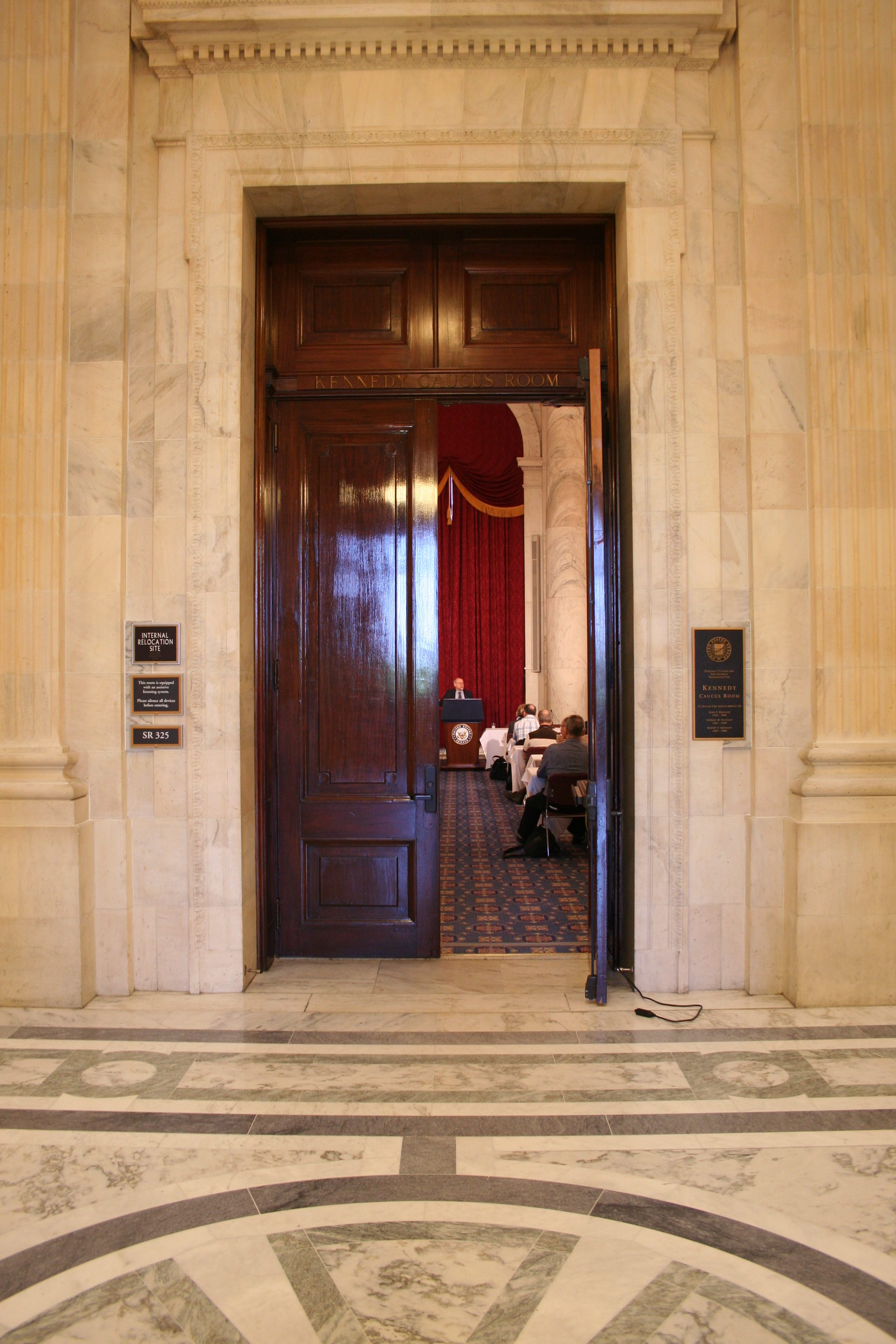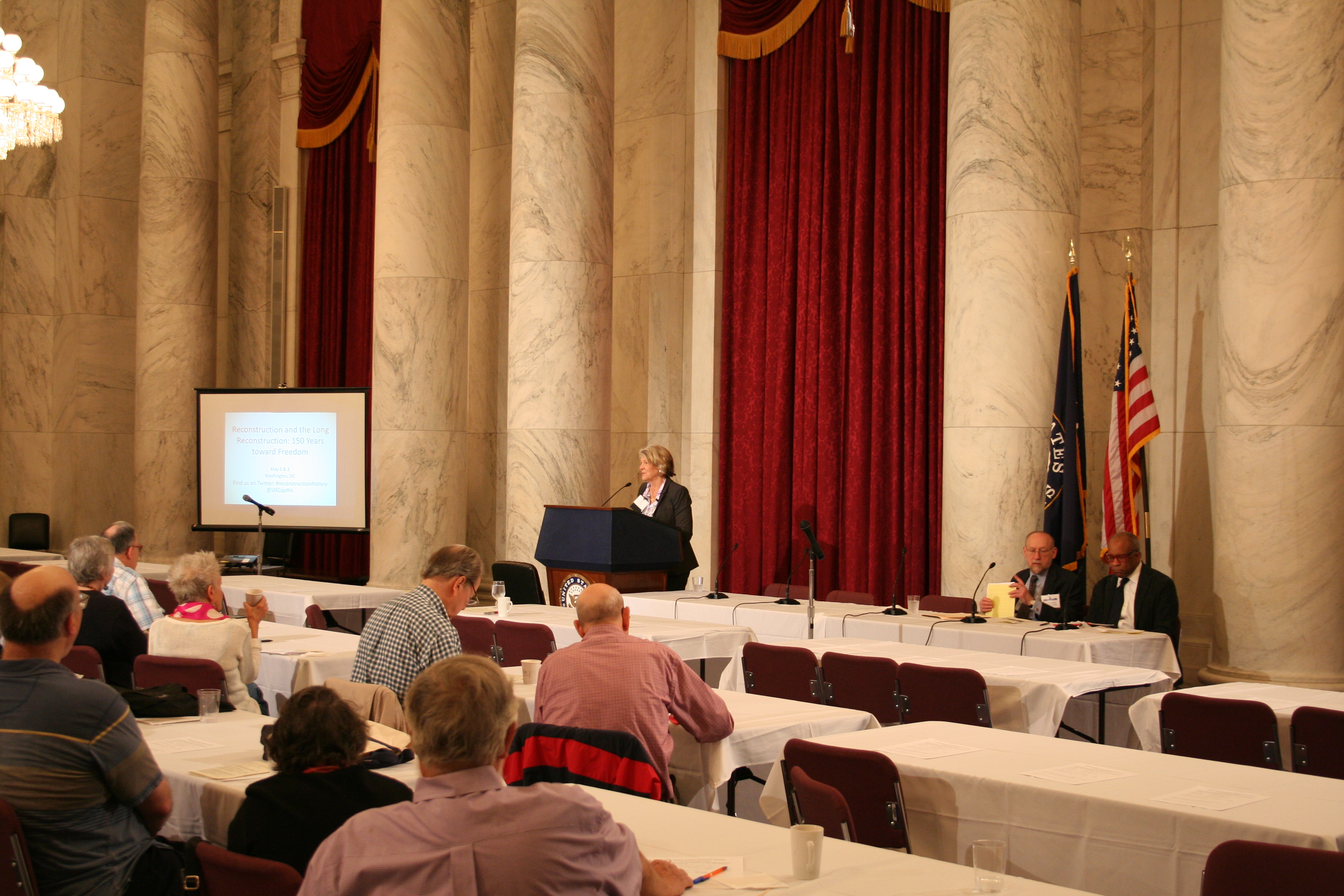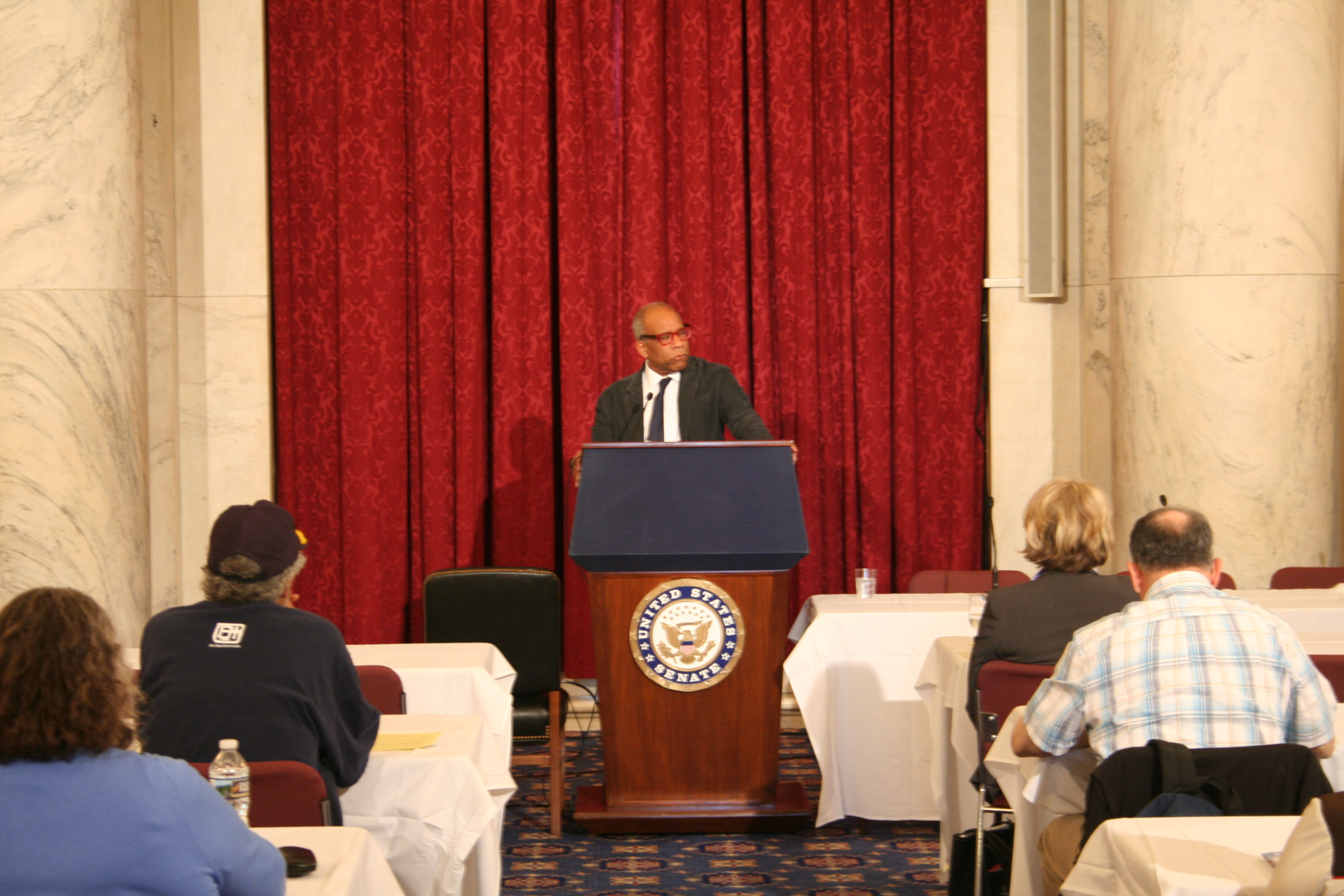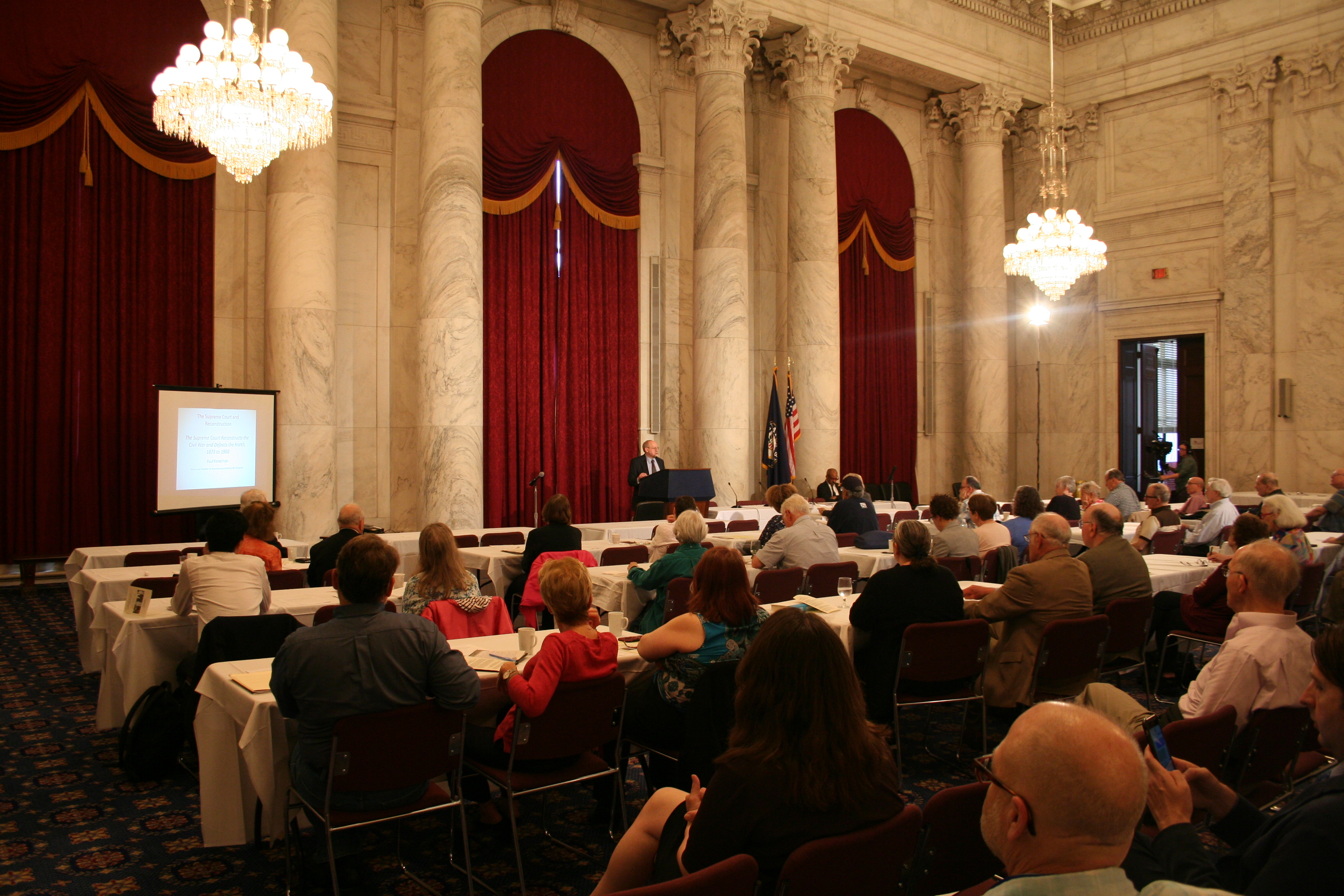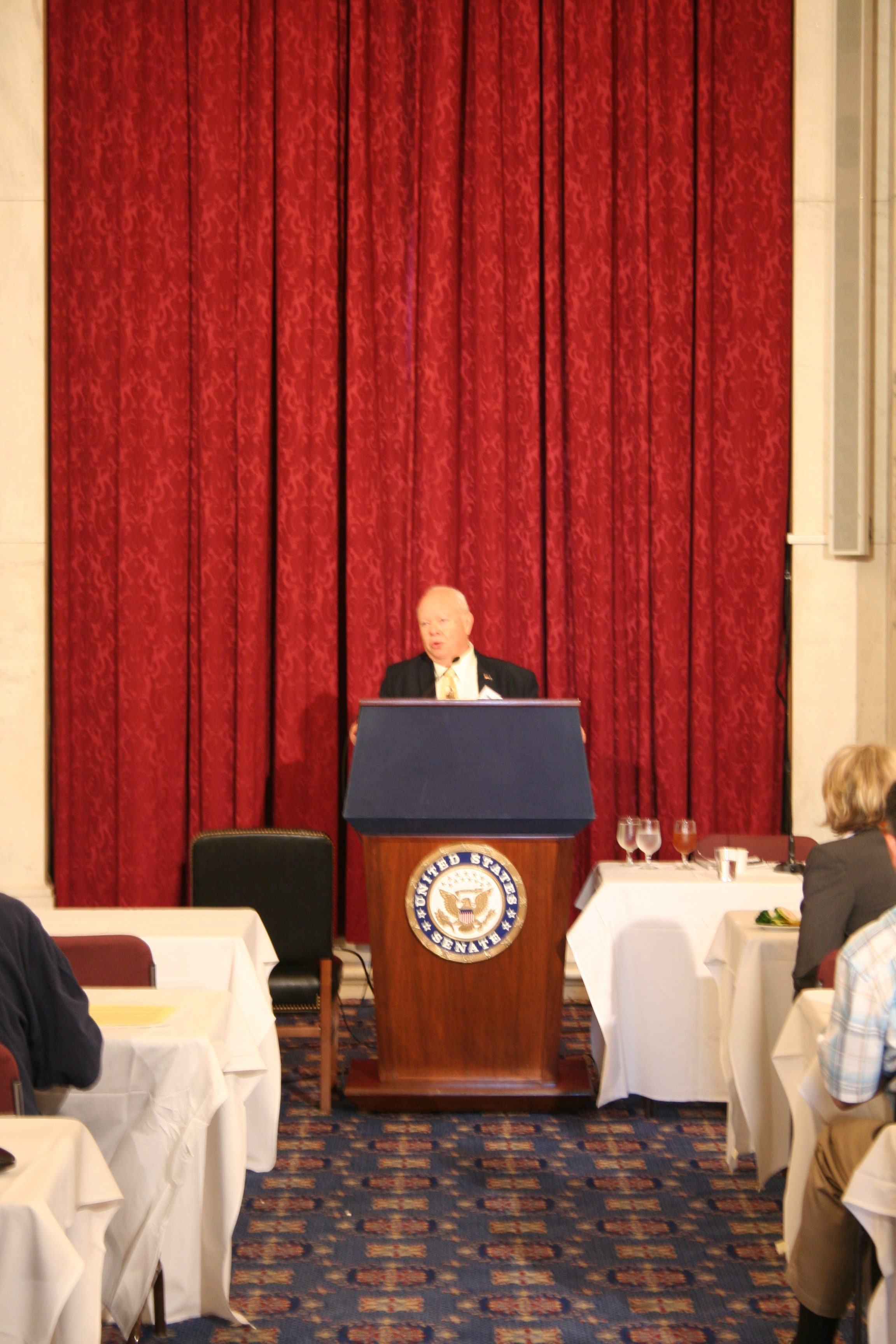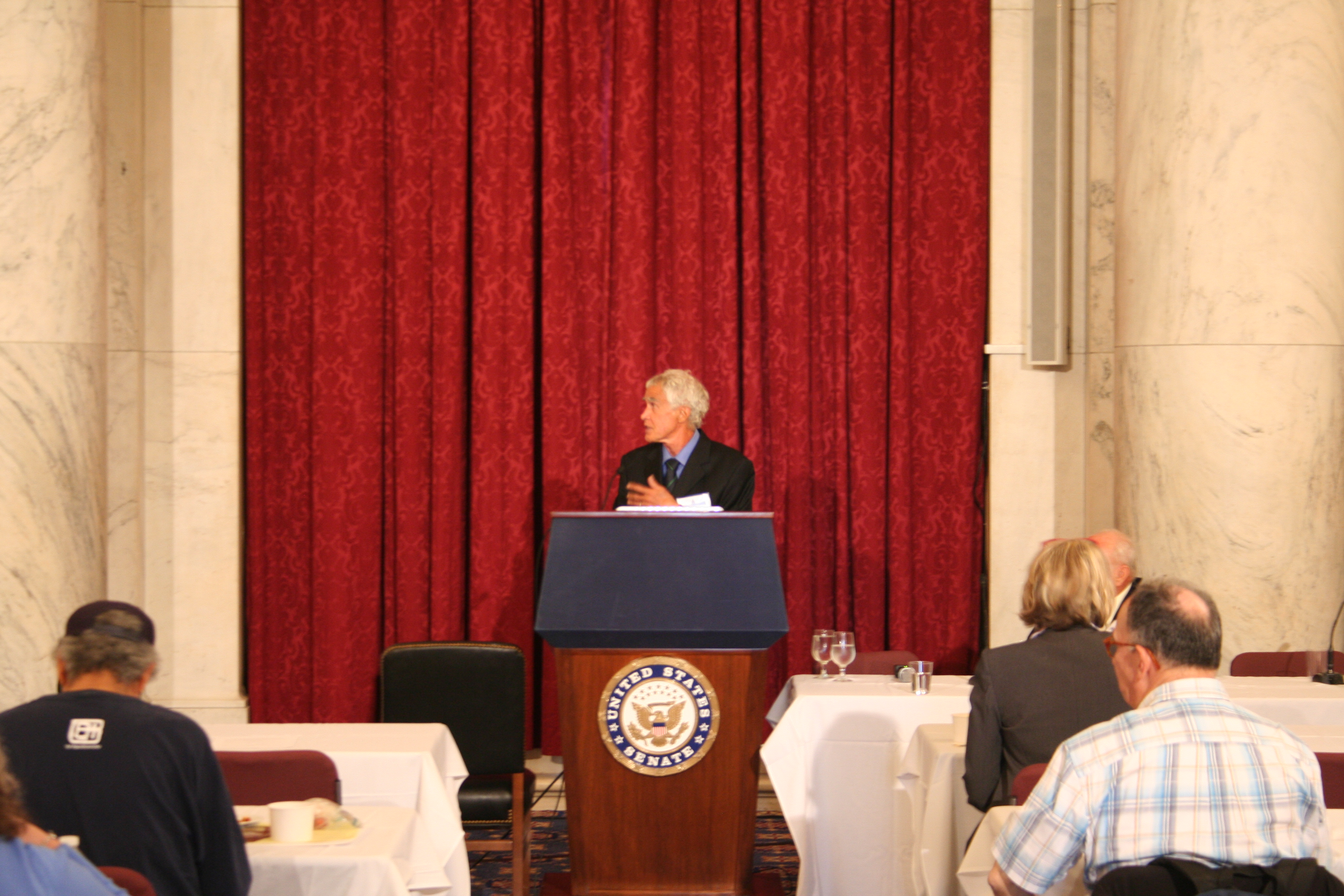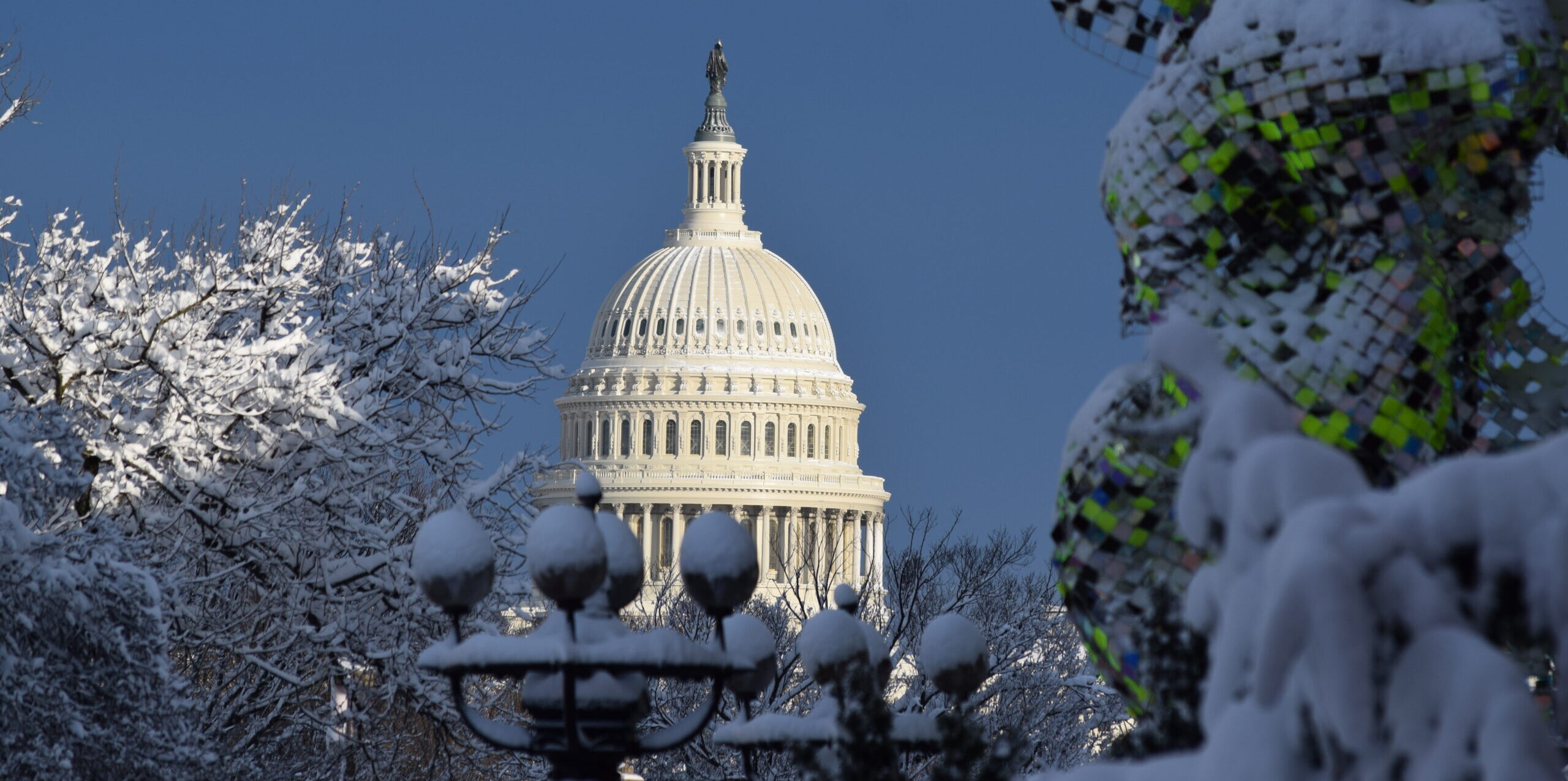On May 2 and 3, 2019, the U.S. Capitol Historical Society hosted its annual history symposium. This year’s edition, Reconstruction and the Long Reconstruction: 150 Years toward Freedom, concluded a three-year dive into the post-Civil War period of congressional and U.S. history, including explorations of the ways that Reconstruction-era events, policies, and decisions continue to reverberate through the twentieth century and the recent past. Speakers from across the country addressed topics ranging from Grant’s presidency to current conversations about reparations, voting rights, and census questions.
On Thursday, May 2, attendees met at the Hill Center at the Old Naval Hospital for a full day of presentations. The morning session opened with four panelists discussing “Ulysses S. Grant: Presidency and Legacy” with individual talks following through the afternoon.
- Joan Waugh (University of California at Los Angeles) reviewed the election of 1868, when Americans were already debating both the meaning and the memory of the Civil War.
- Charles W. Calhoun (East Carolina University emeritus) walked through Grant’s attempts to thread the needle of bringing southern states back into the Union and supporting and protecting civil rights for black people.
- Tim Alan Garrison (Portland State University) covered Grant’s early views on Indians, a summary of his actions as president, and the challenges of understanding those actions.
- Ryan P. Semmes (Mississippi State University Libraries) explored Grant’s attempts to annex Santo Domingo—one way to connect domestic Reconstruction to U.S. foreign relations.
- Judith Giesberg (Villanova University) discussed her work on the 1870 census, which included two questions intended to track illegal vote suppression.
- James J. Broomall (Shepherd University) explored the ways veteran James Hope’s Civil War-related art shifted after an Antietam battlefield reunion in 1888. He identified some of Hope’s sources and argued that his “grisly” artwork portrayed the battlefield differently that contemporaneous popular prints.
- John David Smith (University of North Carolina at Charlotte) discussed several postwar proposals for and strategies to approve reparations for ex-slaves.
- Heather Cox Richardson (Boston College) traced the way opponents of civil rights for African-Americans claimed that they were actually opposed to a kind of socialism and redistribution of wealth—language that echoes through the twentieth century to the present.
The Friday, May 3 session met in the Russell Senate Office Building’s Kennedy Caucus Room. The first two speakers presented a panel on the Supreme Court and Reconstruction and were followed by two additional speakers.
- Paul Finkelman (Gratz College and symposium director) argued that changes in more immediate postwar laws, especially those that dealt with segregation, the black vote, and black officeholders, represented a “revolution in law” that the Supreme Court rolled back because it was ill-equipped to understand both the revolution and the lives of actual black people.
- Randall Kennedy (Harvard Law School) detailed the 1875 Civil Rights Act and the Supreme Court’s 1883 decisions that invalidated the “public accommodations” portion of it—which allowed individuals to discriminate against other individuals and remains the case law today (twentieth-century civil rights challenges relied on the commerce clause to challenge segregation). He concluded with a challenge for the audience to do more than learn about these types of decisions, to be aware of and critical of our current law and the way it exists under a pall from the destruction of Reconstruction.
- Orville Vernon Burton (Clemson University and University of Illinois Urbana-Champaign College of Law) offered a very personal presentation about his experiences as an expert witness in voting rights cases; his role as a historian helps minority plaintiffs meet their burden to establish intent, for instance.
- Brook Thomas (University of California at Irvine) explored three different twentieth-century portrayals of Andrew Johnson’s impeachment and argued that their common reliance on a 1903 history led to a dubious narrative—still alive today—that Johnson’s impeachment was flawed because it was a partisan, political process.
You can find more information about each of these talks by searching #reconstructionhistory or #historytalk on Twitter. The Friday talks appeared on C-SPAN and are available (links above) on C-SPAN’s website. And in the long run, most of these talks will appear in a volume from Ohio University Press collecting the symposium proceedings in 2020 or so.
